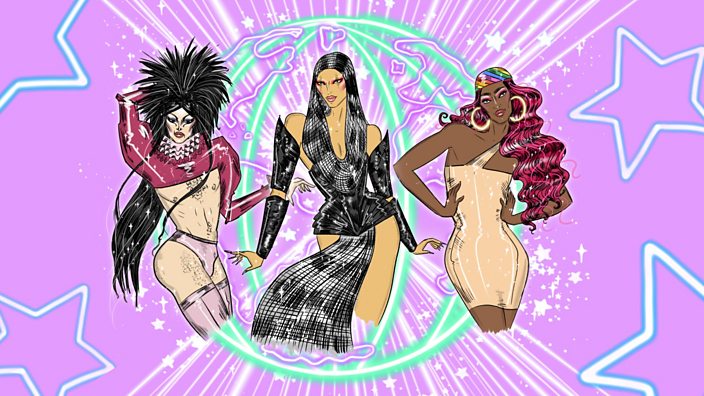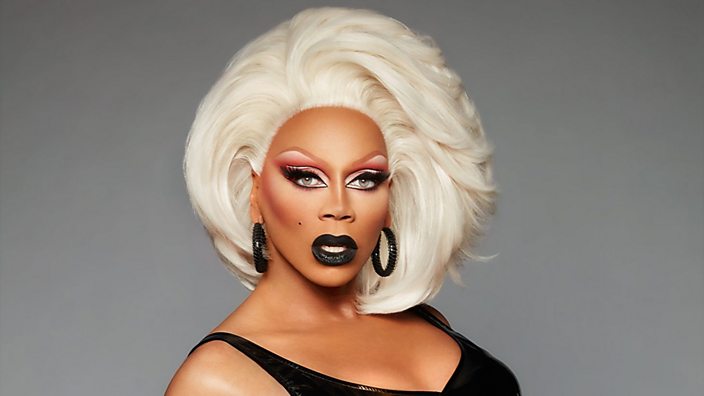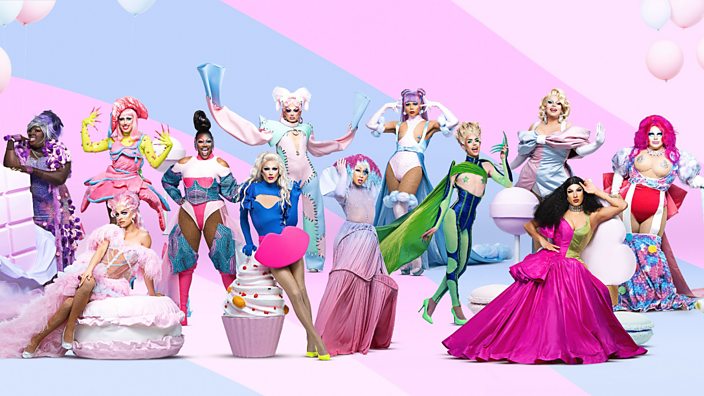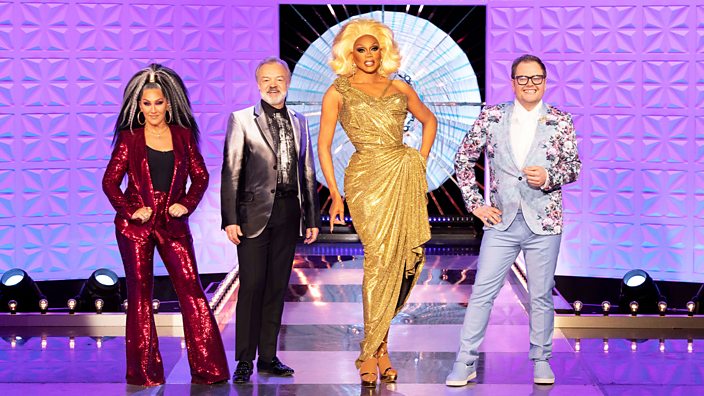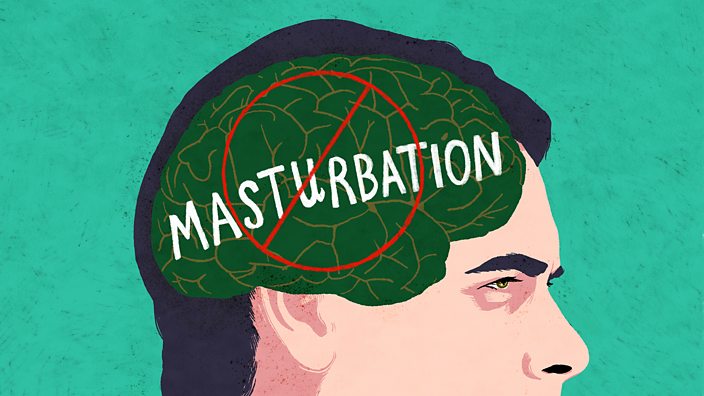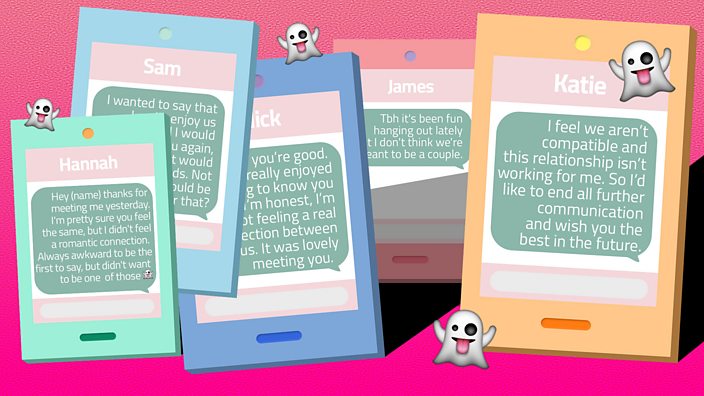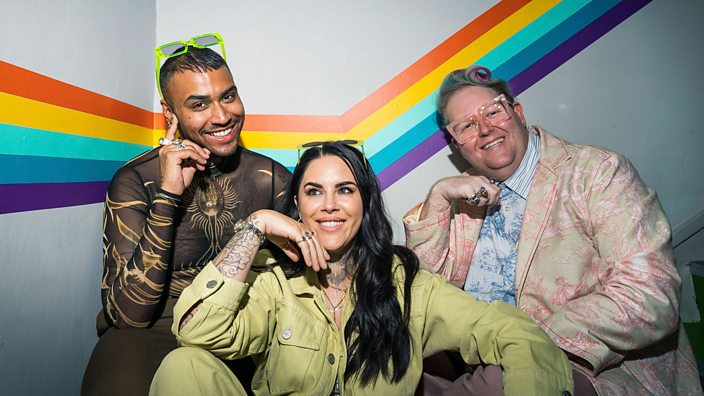 BBC
BBCOver half of London's LGBT venues have closed. Remaining ones must ‘diversify’, says Teddy Edwardes
LGBTQ+ venues had a difficult two years over the Covid-19 pandemic. Teddy Edwardes, a party planner on BBC Three's new show Big Proud Party Agency, and other nightlife professionals weigh in on their future
Teddy Edwardes had been working in London’s only lesbian bar for six months when she got sacked. “I was furious,” she recalls. “So I went to the bar on the other side of the street and asked whether I could do my own night there for revenge.”
That first club night, wryly titled C U Next Tuesday, was a hit. It later blossomed into LICK, a popular party run by queer women, for women, non binary and trans people. Since its inception, it’s expanded outside London and put on nights in Leeds, Manchester, Glasgow, Bristol and Dublin, and offers women an opportunity to party without encountering the kind of unwanted advances that might happen in mixed clubs.
In truth, the idea of starting her own night had been brewing in Teddy’s mind for a while. “I was sick of going to nightclubs with men,” she says. “Every time I had a bad experience with being grabbed or horrible things like that.”
“People just feel a lot more comfortable being who they want and wearing what they want,” Teddy adds. “It feels like a community, I guess.”
Teddy is now bringing her event organising skills to BBC Three’s new show Big Proud Party Agency. Each episode, along with fellow event producer Ryan Lanji, the founder of Hungama, the UK’s first LGBTQ+ Bollywood club night, and luxury party planner Christopher Mills – who has thrown large-scale bashes for Rolls Royce, The Savoy and other high-profile clients – the Big Proud Party Agency (pictured above) bring their idiosyncratic approaches to event organisation to help various lucky people throw the party of a lifetime.
'If the rent doubles, venues become untenable'
While the show is a celebratory ode to the brilliance of queer nightlife, the reality is that the LGBTQ+ scene in the UK faces an uncertain future.
A 2017 report by University College London’s Urban Laboratory research faculty, that looks into issues like housing, planning and nightlife, painted a bleak picture. Since 2006, it noted that 58% of London's LGBTQ+ venues had closed, with the number of spaces dropping from 125 to just 53.
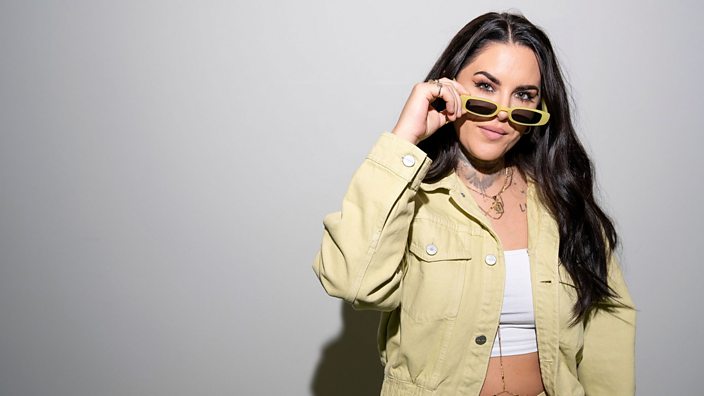 BBC
BBCIn a statement given at the time, Dr Ben Campkin, the director of UCL Urban Laboratory, said: "A large number of venues have succumbed to changes of use, development, and the inability of operators and customers to defend themselves against rent increases and unfavourable changes to their terms of lease."
Dan Beaumont, who runs iconic east London queer venue Dalston Superstore, agrees that these were the primary reasons for the closures.
“The whole model around the night time economy is very difficult to make work,” he explains. “Most small venues are really driven by a passion for their cultural output, be that music, performance or their relationship to a community, like the queer community. So the margins are often not very big to start with. And once someone doubles the rent, it becomes untenable.”
However, Teddy feels that there was also something else at play. “I think a lot of gay venues just didn't make enough effort when it comes to making things diverse and doing different things,” she says.
“People go into Soho and it's been the same for over 10 years. Like cheesy music, the same white gay men. There's nothing they're doing differently to pull in different crowds. I just think they got a bit complacent thinking that they are the only place people can go.”
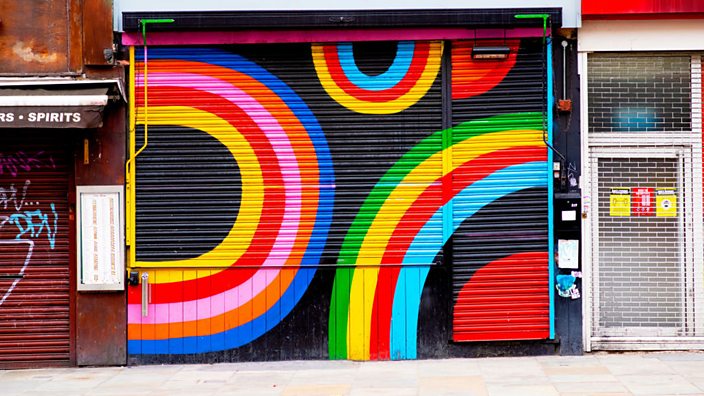
The lack of diversity in the LGBTQ+ scene is an issue that Dan also acknowledges.
“There's still a lack of venues run for and by women and trans people. We need to have more representation in our stakeholders.”
'Venues are tackling pandemic debt'
Manchester’s queer scene seems to have weathered the storms of the last decade relatively unscathed.
“The Gay Village in Manchester is quite mature now,” says Iain Scott, who runs a website providing information, listings, local discounts and LGBTQ+ news in central Manchester.
“Apart from being pretty much unique in this country, now that Earl's Court has disappeared and Soho is slowly dying from the point of view of change of use, the Village remains that place by the canal where people of all categories can come together and, in the main, socialise harmoniously.”
The secret to Manchester’s ongoing survival, Iain says, comes from the fact that the local council are supportive of the city’s LGBTQ+ population and other investment in the area.
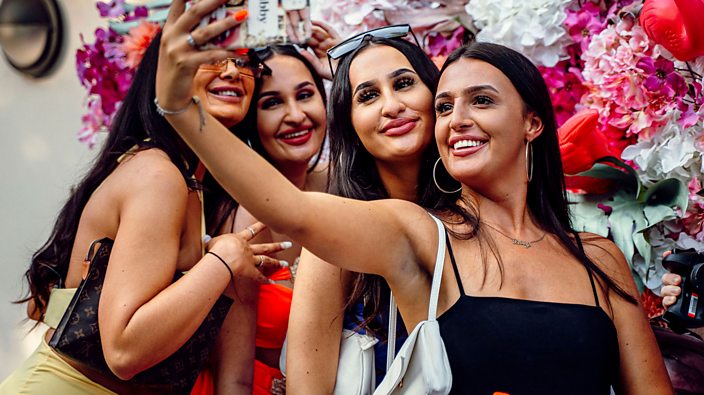 BBC
BBC“Many of the businesses in the Village have been around for a long time, too,” he says. “I think that has contributed because people have been through the good, the bad and the indifferent. But they're still there and are able to draw on their collective experience.”
Like every hospitality business, however, the queer venues in Manchester weren’t immune to the devastation wrought by the pandemic, although the local council did help facilitate licenses so that bars and clubs could trade outside.
Community initiatives also helped keep venues afloat. Crowd funders for spaces like Central Station and the Royal Vauxhall Tavern in London helped support long-standing LGBTQ+ spaces. Dalston Superstore, meanwhile, ran a crowdfunder in order to support the myriad freelance artists and creatives who rely on the venue for their livelihoods.
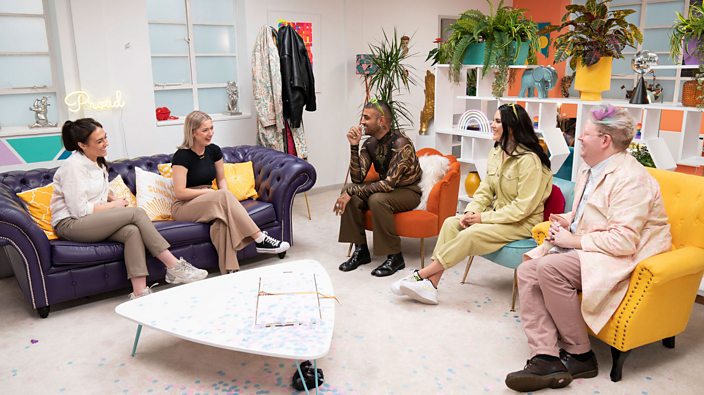 BBC
BBC“I think there was quite a lottery around support [during the pandemic],” Dan says. “You obviously had furlough and some grants and we were able to hold on, do deals with the landlord, HMRC and our suppliers. But when we opened last summer, we were all standing in front of a mountain of debt, which all venues are now trying to get on top of.”
'Venues need to switch it up to survive'
Even established, large-scale LGBTQ+ venues haven’t been immune to the financial pressures brought on the pandemic. Jeremy Joseph, the owner of London clubs G-A-Y and historic LGBTQ+ venue Heaven, recently admitted that the future of his businesses was unknown.
“I think on average a hospitality business has 14 days of cash in it before it's in trouble,” Dan says. “The industry burns cash because our overheads are so high.”
Worse still, the on-going cost of living crisis and staffing problems brought about by Brexit mean that no venue is out of the woods. “It's more draining than Covid, actually,” Dan says. “I think over the next year or so, some venues may not be solvent.”
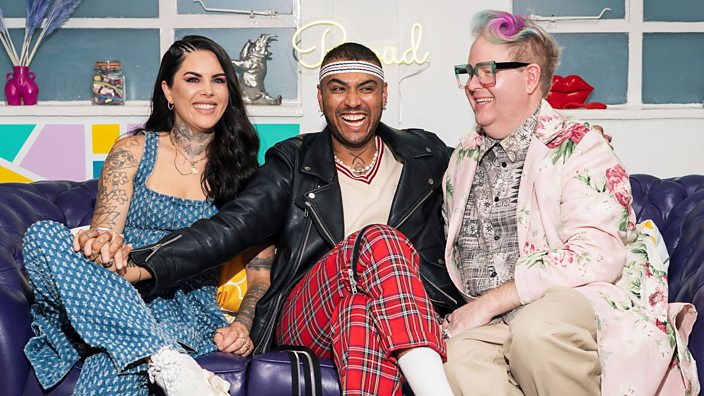 BBC
BBCNevertheless, both Dan and Teddy say that following the height of the pandemic, queer venues and club nights have never been busier.
In Manchester, events like Sparkle, a festival-like celebration of gender diversity, offers a safe space for anyone who identifies as gender non-conforming, their families, friends, and allies, and in 2019 drew 22,000 visitors – and Teddy thinks other queer venues need to embrace diversity in the same way.
“I just think venues need to switch it up a bit,” she says.
Dan agrees: “What the future of the queer scene needs to be is genuinely representative of the communities who need those spaces. That's what needs to happen.
“That's the future that I hope will play out.”
Watch Big Proud Party Agency on BBC Three on Wednesdays at 9pm and BBC iPlayer
